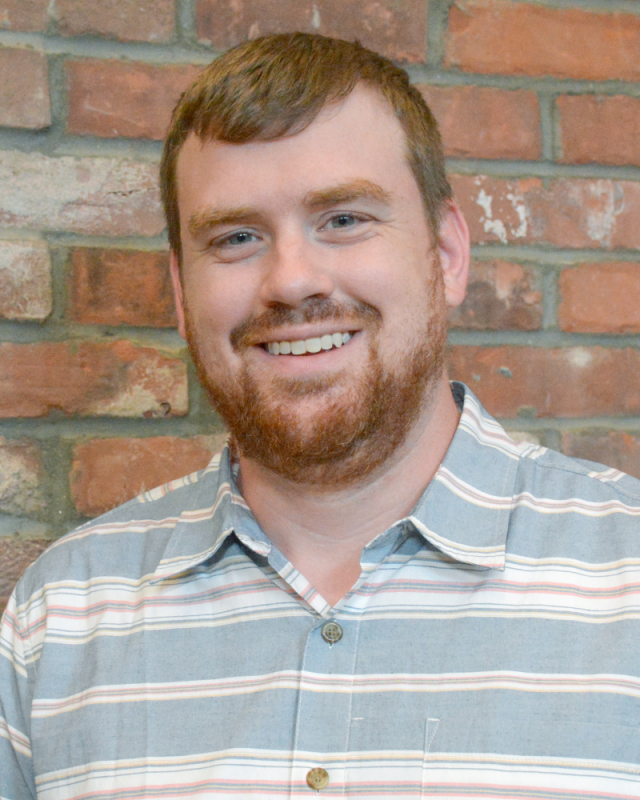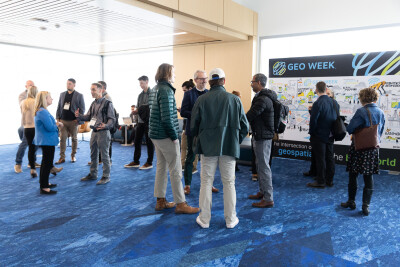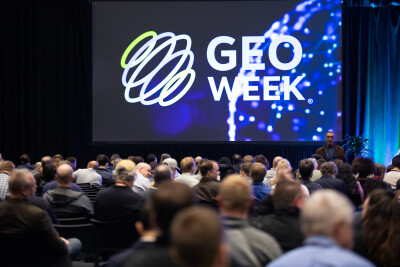According to statistics from the nonprofit Mental Health America, in 2019-2020 roughly one in five adults in America were experiencing some sort of mental illness, a group of over 50 million. Furthermore, a study from the CDC indicates that the suicide rate for American males in the “civilian noninstitutionalized working population” is 32 per 100,000. Breaking that out by industry shows that construction in particular has a crisis with which it needs to reckon. The industry’s suicide rate of 56 per 100,000 for men is the second-highest in the study, trailing only mining. The mental health crisis in the construction industry is something that many in the space inherently know, but the extent of the problem is not always articulated and the statistics often come as a surprise.
There’s no magic bullet to solve a problem as complex and entrenched as this, but a crucial first step is to simply start talking, both about this broad, industry-wide problem and individual mental health challenges among those in the industry. It’s this ethos that drives a joint initiative between The B1M and Procore aptly called Get Construction Talking. The group was introduced less than a year ago but has already begun to make an impact, and recently Fred Mills, founder of The B1M, and Sasha Reed, Senior Director of Industry Transformation with Procore, spoke to Geo Week News about how the initiative came to be, what about the construction industry has led to these issues, and their goals moving forward.
It makes sense to start this story with that of Mills’, who has spent his entire career in the construction industry, “the only industry I ever wanted to be in,” he tells Geo Week News. Trying to give an accurate portrayal of the industry amid stereotypes that led people to see “it as a very different thing to the industry I was experiencing and dealing with every day,” he started his YouTube channel, The B1M. Today, the channel is the most popular construction channel on the social media site with about three million subscribers and 24 million viewers per month.

As all of this incredible growth was happening, though, Mills realized that he wasn’t always in the best place mentally. “I think perhaps it’s easy when you hear that success story to think that my life is fine and everything’s sailing along nicely. That hasn’t always been the case, and in recent years I’ve really come to struggle with my mental health.”
He went on to tell Geo Week News that he, like so many others, associate mental health issues as something that affects other people, but that it’s really something that can affect everybody. And as mentioned, the construction industry is particularly affected. “What struck me is that I built this fantastic platform in The B1M, and I had this ability to talk to the world and construction effectively,” Mills said. “What I wanted to do was use that to move the dial and make a difference on an issue that I genuinely care about.”
That started the movement, and it was at the 2022 edition of Procore’s user conference, Groundbreak, where the construction tech company joined in to officially start Get Construction Talking.
“It was on that stage in front of 4,000 people that Fred chose to divulge his struggle and share his story,” Reed told Geo Week News. “I was in the room at the time, and you really could have heard a pin drop. The support that came back to him and applause after he shared his story was very, very visceral, and you could feed that the conversation really needed to be had and was long overdue.”
After the conference, Mills reached back out to Procore and the partnership was solidified to do exactly as the initiative says - get the construction industry talking about this extremely important issue.
“From Procore’s standpoint, this was very much aligned to our ethos and something that we saw as being necessary if we’re really going to preserve the validity of construction as a market into the future,” said Reed.
As part of our conversation with Mills and Reed, we tried to get to the bottom of what exactly it is about the construction industry that potentially lends itself to this issue. Mills was careful to point out that mental health is a “very personal thing, and each of us will have our own unique factors and nuance,” but that there are some common themes that affect people in construction. Specifically, he pointed to long working hours, the pressure associated with many of these projects around timing and budget, and the fact that it is a male-dominated industry, lending to a culture that can sometimes repress these conversations.
Getting those conversations started is what Get Construction Talking is all about, and both Mills and Reed are careful to ensure they’re not overstepping their expertise.
“What the campaign focuses on is really simple,” Reed said. “It’s just getting people to start talking about this, reducing the stigma in sharing what could be a very vulnerable moment. I think what Procore and The B1M are very clear on is we are not mental health professionals, so we’re not really articulating what that looks like or the diagnoses.”

Instead, they spend their efforts in two places. One is simply bringing awareness by holding events and speaking at gatherings to share statistics and bring an issue that people may subconsciously know about but not always acknowledge to the forefront. Additionally, they partner with nonprofits across the UK, US, and Australia who are the experts in this area. Today, they partner with the following charities:
Construction Industry Alliance for Suicide Prevention (CIASP) (US)
Lighthouse Construction Industry Charity (UK and Ireland)
Construction Sport (UK)
Mates in Mind (UK)
Mates in Construction (Australia and New Zealand)
While this initiative isn’t specifically around technology in the construction industry, Procore’s involvement inevitably brings up at least some question as to how, if at all, technology can help this crisis in some form.
“The idea of technology is really to transform the process of construction by harnessing the power of the cloud and the platform,” Reed said. “The idea there is that you’re no longer required to be in a similar geo-location in order to have access to the right information at the right time. I think that’s one of the biggest pieces, because so much burden has been put on the laborer to actually do the physical work and get themselves to and from a trailer, or courier information, which just creates more delays and creates the opportunity for miscommunication and rework.”
Mills and Reed really see the initiative as a two-track approach to addressing this issue of mental health in construction. The first of which is most of the focus, which is simply getting individuals on a job site or with a construction firm to start talking to each other, and just asking each other how it’s going. Additionally, Mills says that leaders in the industry should look at this issue from a business perspective as well.
“This isn’t something that’s probably nice to have on the side. This is core if you want your construction business to succeed. If you want your people to succeed, we have got to tackle this industry-wide mental health crisis.”
So, ultimately, what is the future that Mills wants to see as a result of Get Construction Talking? “Unfortunately, part of human nature is that there will always be a degree of suicide in our society. What I would like to do is take construction out of those charts and really get people to recognize the issue in this industry. People walk onto construction sites now, they wouldn’t dream of walking in without a hardhat, a High-Vis, and boots. It’s just DNA, we just would not do it. I want to get to that same level with mental health.”






